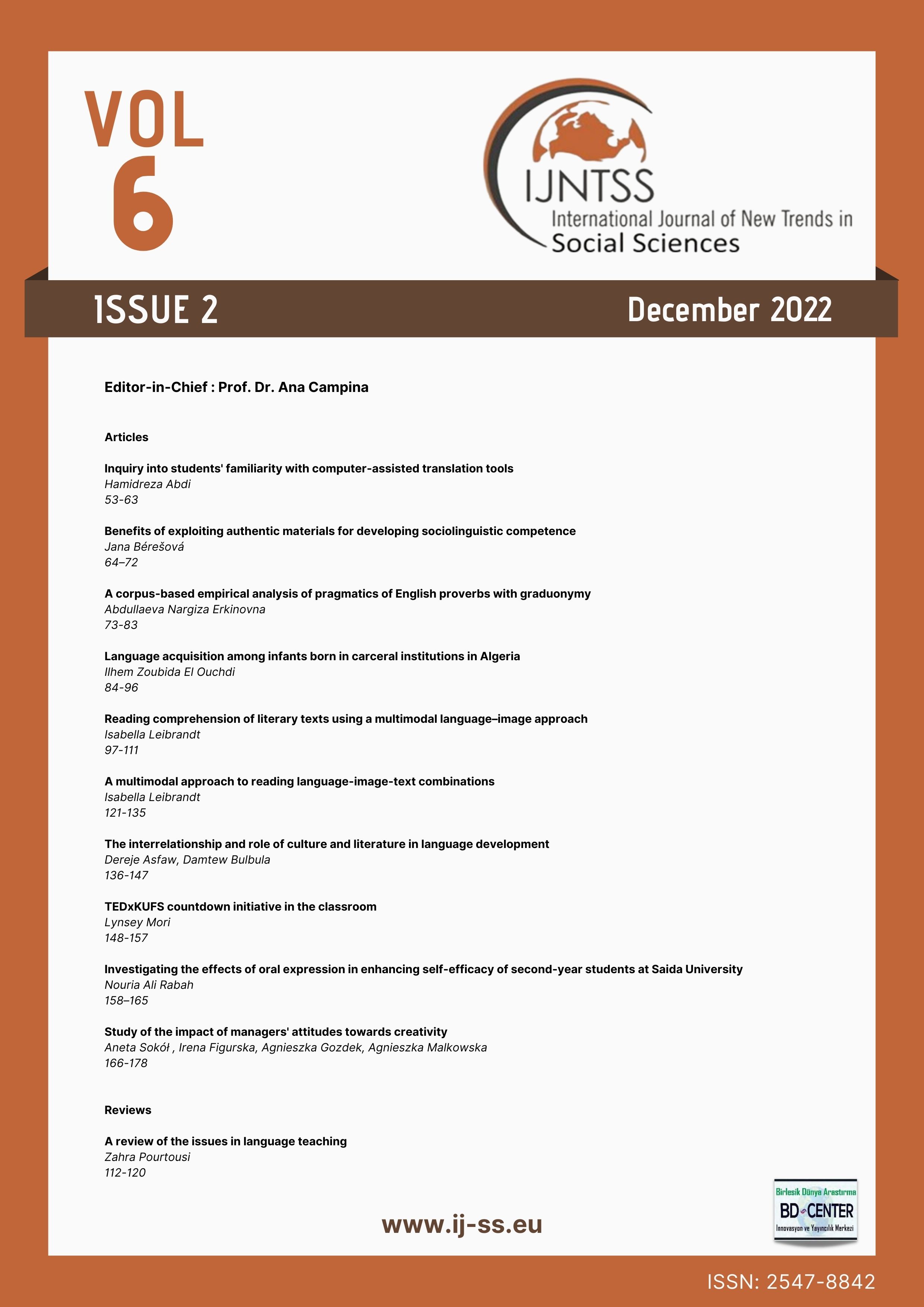The interrelationship and role of culture and literature in language development
Main Article Content
Abstract
Language and culture are synonymous. Language acquires value and meaning when it is integrated with cultural elements. Students can be successful in the target language learning only if the culture of the target language becomes an inherent part of the teaching policy. This paper aims to examine the interrelationship of language, literature, culture, and language development. Enhancement of language learning is carried out through literature. To achieve the aim of this study, an extensive literature review was conducted by the researcher, using data collected from previous studies. From the results of the study, culture teaches us how to think, interact and behave in a society according to the norms framed by a particular community. If the culture is not understood before one learns a new language it may lead to miscommunication and misunderstandings in cross-cultural interactions.
Keywords: Cross-cultural communication, culture, language, language development, literature, teaching- methods;
Downloads
Article Details

This work is licensed under a Creative Commons Attribution-NonCommercial-NoDerivatives 4.0 International License.
Authors who publish with this journal agree to the following terms:
- Authors retain copyright and grant the journal right of first publication with the work simultaneously licensed under a Creative Commons Attribution License that allows others to share the work with an acknowledgement of the work's authorship and initial publication in this journal.
- Authors are able to enter into separate, additional contractual arrangements for the non-exclusive distribution of the journal's published version of the work (e.g., post it to an institutional repository or publish it in a book), with an acknowledgement of its initial publication in this journal.
- Authors are permitted and encouraged to post their work online (e.g., in institutional repositories or on their website) prior to and during the submission process, as it can lead to productive exchanges, as well as earlier and greater citation of published work (See The Effect of Open Access).
